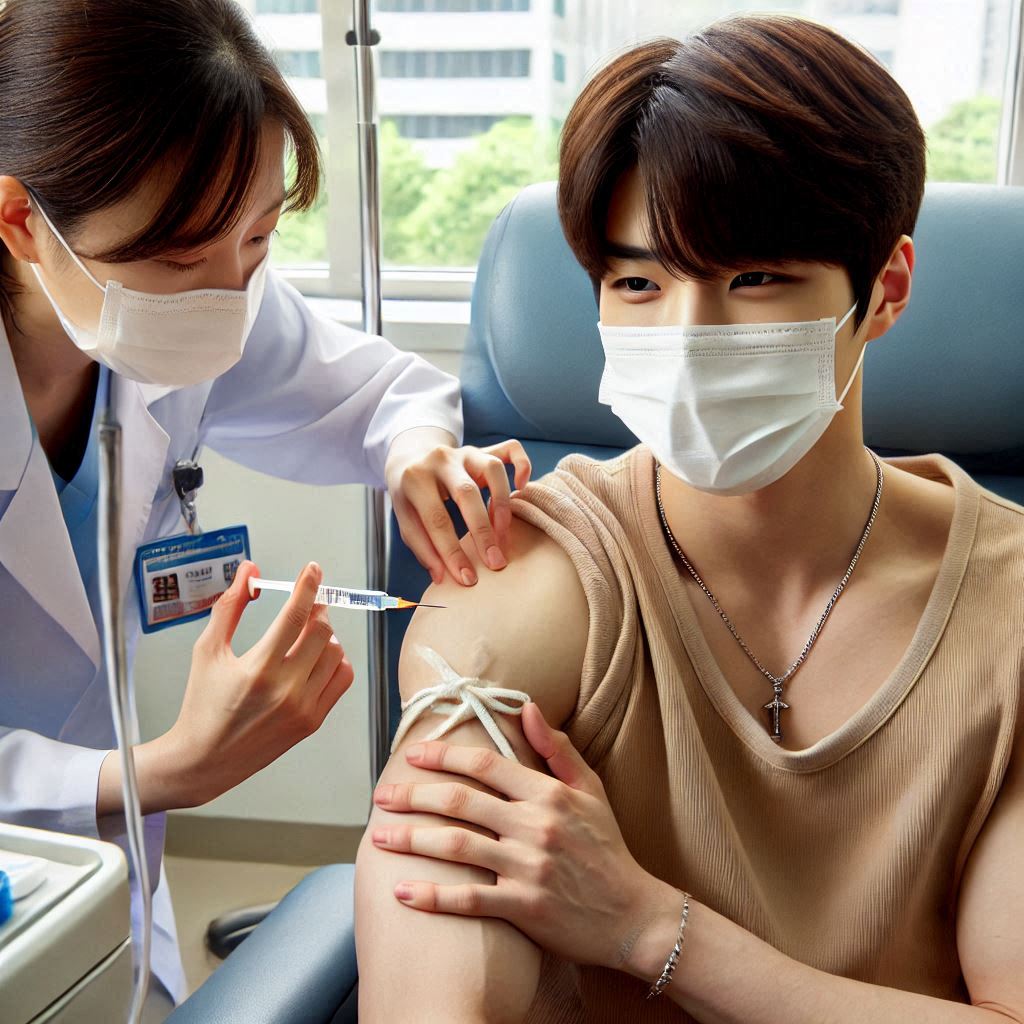2024. 12. 4. 10:56ㆍKorean Food & Lifestyle
Understanding Korea's Healthcare System: A Guide to Korean Medical Insurance 🇰🇷
If you're planning to live in Korea or even visit for an extended stay, you'll likely hear about the country’s healthcare system, particularly its medical insurance. Renowned for its efficiency and affordability, Korea’s medical insurance system is a key part of what makes the country a great place to live. But how does it work? Let’s dive into the details of Korean medical insurance and how it impacts everyday life here.
What Is the Korean Medical Insurance System? 🏥
Korea’s National Health Insurance (NHI) system is a universal healthcare program managed by the government. Everyone living in Korea—citizens and long-term residents alike—is required to enroll in it. This ensures that medical care is accessible to virtually everyone, and it’s one of the reasons Korea consistently ranks high in healthcare quality worldwide.
The system operates under two main categories:
- National Health Insurance (NHI): Mandatory for all employed individuals and residents.
- Medical Aid Program: For those in financial hardship, funded by the government.
Most people in Korea fall under the NHI category. Whether you’re a local employee or an international resident, you’ll likely contribute to and benefit from this system.
How Does It Work? 🔍
Korean medical insurance is based on shared contributions:
- Employers and Employees: If you're employed, your employer will deduct a portion of your salary to cover your insurance premium.
- Self-Employed Individuals: If you work for yourself, you’ll need to pay the full premium directly. The cost is calculated based on income and property ownership.
Once enrolled, the insurance covers a significant portion of medical expenses:
- Hospital Visits: Typically, you’ll pay about 20-30% of the total cost for treatment.
- Prescriptions: Out-of-pocket costs for medicine are usually minimal.
- Check-ups: Many preventative health check-ups are either free or heavily subsidized.
Why Is Korean Healthcare So Affordable? 💸
The affordability of Korean healthcare often surprises foreigners. Here’s why it works:
- Government Regulation: The government sets limits on how much medical providers can charge for services, keeping costs reasonable.
- High Participation Rates: Since nearly everyone pays into the system, it remains well-funded.
- Efficient Operations: Korea’s hospitals and clinics often operate with advanced technologies and streamlined processes, reducing unnecessary overhead.
For example, a visit to a specialist in Korea might cost as little as ₩20,000-₩30,000 (about $15-$25 USD), and even major surgeries can cost a fraction of what you’d pay in other countries.
Benefits of Korea’s Healthcare System 🌟
Korean healthcare isn’t just affordable—it’s also highly efficient. Here are some standout features:
- Short Waiting Times: Need to see a doctor? You can often walk into a clinic and be seen the same day.
- Modern Facilities: Hospitals are equipped with cutting-edge technology.
- Specialist Access: You can see specialists without a lengthy referral process.
- Focus on Prevention: Regular health screenings help catch issues early, saving time and money in the long run.
Things Foreigners Should Know About Korean Medical Insurance 🌍
If you’re new to Korea, understanding the medical system might feel overwhelming. Here’s what you need to know:
- Enrollment is Mandatory: Foreigners staying in Korea for more than six months must enroll in the NHI. This rule ensures you’re covered for any medical emergencies during your stay.
- Initial Costs Can Be Confusing: When you first register, your premium might be higher because it’s based on the national average. Once you report your actual income, the cost adjusts accordingly.
- Language Barriers: Many hospitals in big cities have English-speaking staff, but smaller clinics might not. It’s worth learning basic medical phrases in Korean or bringing a translator app.
- Private Insurance as a Supplement: Some expats choose to purchase private insurance in addition to NHI for extra coverage or quicker access to certain services.
Practical Tips for Navigating Healthcare in Korea 📝
- Find a Local Clinic: Clinics are everywhere, and many offer specialized services. Ask around for recommendations in your area.
- Download a Healthcare App: Apps like "Goodoc" can help you find hospitals and clinics, check reviews, and even book appointments.
- Always Carry Your Insurance Card: You’ll need it for every hospital visit to receive discounted rates.
- Understand Your Bill: Medical bills are itemized, but they’re in Korean. If unsure, ask staff for help or look up common terms online.
A Few Cultural Notes on Korean Healthcare 🩺
Koreans place a high value on health, and you’ll see this reflected in their attitudes toward medical care:
- Frequent Doctor Visits: Koreans don’t hesitate to visit the doctor, even for minor ailments. It’s considered normal and encouraged.
- Health Consciousness: Preventative care is ingrained in Korean culture. From regular check-ups to an emphasis on balanced diets, staying healthy is a priority.
- Hospital Cafeterias: If you’re ever admitted to a hospital, don’t be surprised to find delicious, healthy meals in the cafeteria!
Conclusion: A System That Works for Everyone 🙌
Korea’s healthcare system is a prime example of how universal coverage can provide affordable and high-quality care for all. Whether you’re a resident or a visitor, you’ll likely appreciate the efficiency and affordability of medical services in Korea.
What are your thoughts on Korea’s healthcare system? If you’ve had experiences with it, share your story in the comments below!

#KoreanHealthcare #MedicalInsurance #KoreaLiving #NHIKorea #AffordableHealthcare #ExpatsInKorea #HealthTips #KoreaGuide #TravelTipsKorea #KoreanCulture
'Korean Food & Lifestyle' 카테고리의 다른 글
| Exploring Taekwondo for Kids in Korea 🇰🇷🥋 (1) | 2024.12.18 |
|---|---|
| Korean Banking Guide: Everything You Need to Know 🏦 (0) | 2024.11.26 |
| Must-Know Korean Social Media Apps for 2024 🌐📱 (1) | 2024.11.25 |
| Best Korean Snacks You Need to Try 🍘🍫 (0) | 2024.11.22 |
| How to Use Korean Chopsticks Like a Pro 🥢🇰🇷 (2) | 2024.11.21 |
